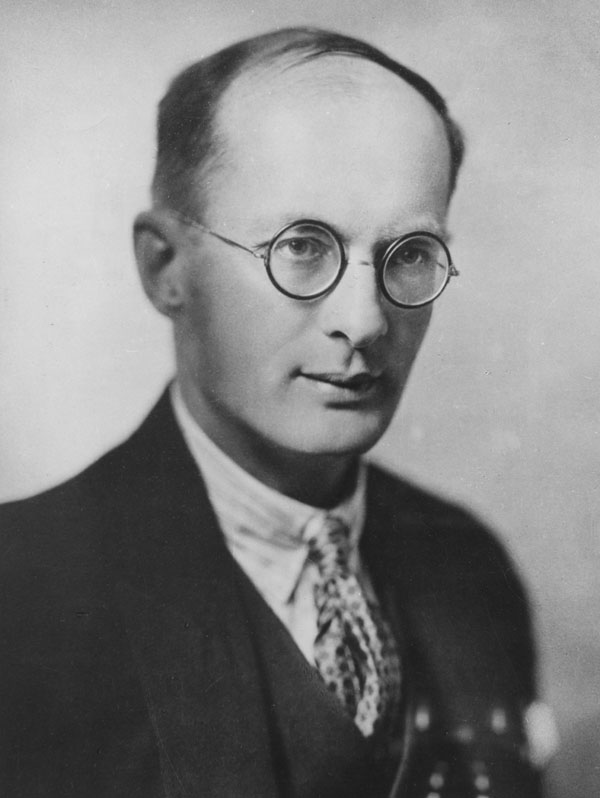
Bronislaw Malinowski (1884-1942). Did Malinowski invent the methodology of ethnographic field research? Image’s source
Typically, we perceive theory as an ongoing progression of scholarly discussions and debates. Consequently, we readily acknowledge that comprehending theory necessitates an examination of its historical roots, encompassing both internal and external disciplinary influences. Conversely, when it comes to methods, we often consider them as established and standardized approaches to systematic data collection. Consequently, we frequently overlook the historical trajectory of methodological advancements in our current understanding and utilization of these tools. However, just as with theory, it is important to recognize that methods also possess a rich history of development that significantly shapes our approach to gathering data. By appreciating the historical context of methodological developments, we can gain a deeper understanding of the evolution and refinement of our research tools. Ethnographic field methods are not created ‘arbitrarily’. They are borne out of a cumulative process of refinement and innovation and continue to evolve.
The tendency to overlook the rich history of ethnographic methods is particularly evident in anthropology textbooks, which often casually attribute the invention of these methods to Malinowski. This oversimplification fails to acknowledge the broader historical context and the contributions of other scholars who played significant roles in the development of ethnographic field methods. Contrary to the popular perception that Malinowski is solely credited with inventing ethnographic field methods, it is important to recognize that he was not the originator of this method. In fact, his teacher at London School of Economics, Charles Seligman, had already conducted fieldwork-based studies prior to Malinowski’s renowned contributions. Additionally, Malinowski was not even the first to formulate a set of field methods. When embarking on his fieldwork, he brought along a volume titled “Notes and Queries on Anthropology” (1912 edition), which included a section on method authored by W. H. R. Rivers, a scholar based at Cambridge. This historical context challenges the commonly propagated origin stories and highlights the collaborative nature of methodological developments in the field of anthropology.
Therefore, to understand why anthropology was relatively late in exploring digital cultures and employing digital ethnographic methods, it is crucial to consider the historical context in which these methods evolved.